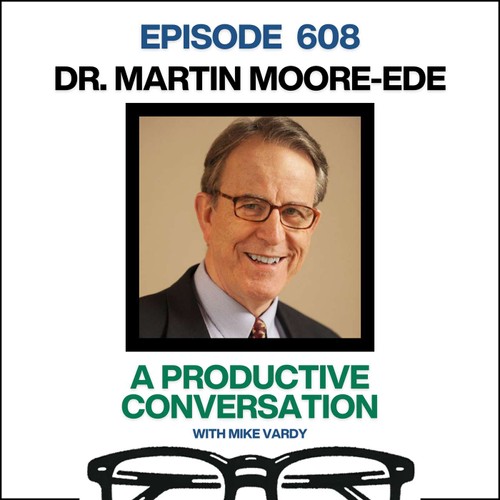
 A Productive Conversation
A Productive Conversation Dr. Martin Moore-Ede Talks About Light, Health, and Productivity
8 snips
Jun 4, 2025 Dr. Martin Moore-Ede, a pioneer in circadian science and author of 'The Light Doctor', sheds light on the fascinating impact of light on our health and productivity. He discusses how modern artificial lighting disrupts circadian rhythms, especially for night owls, and reveals the hidden dangers of LED lights, comparing them to hazardous materials like DDT. Listeners will learn simple strategies to optimize light exposure, improve sleep, and enhance overall well-being, highlighting light's essential role alongside nutrition and exercise.
AI Snips
Chapters
Books
Transcript
Episode notes
Light's Complex Role in Health
- People take light for granted and don't understand its complex composition affecting health.
- Light's mixture of visible and invisible wavelengths impacts our body's functions differently.
Wilderness Sleep Study Insights
- Kenneth Wright's wilderness study showed night owls and morning types' sleep patterns converge away from artificial lighting.
- Removing evening light nudges night owls to earlier, more similar sleep cycles with others.
Health Risks of Blue-Rich LEDs
- Blue-rich LED lights at night disrupt circadian rhythms and elevate disease risks.
- Diseases like diabetes and some cancers are linked to evening blue light exposure.


